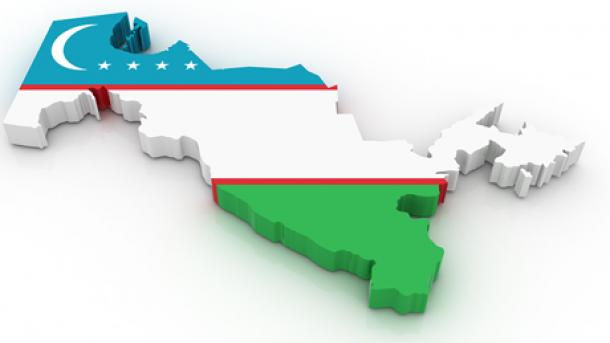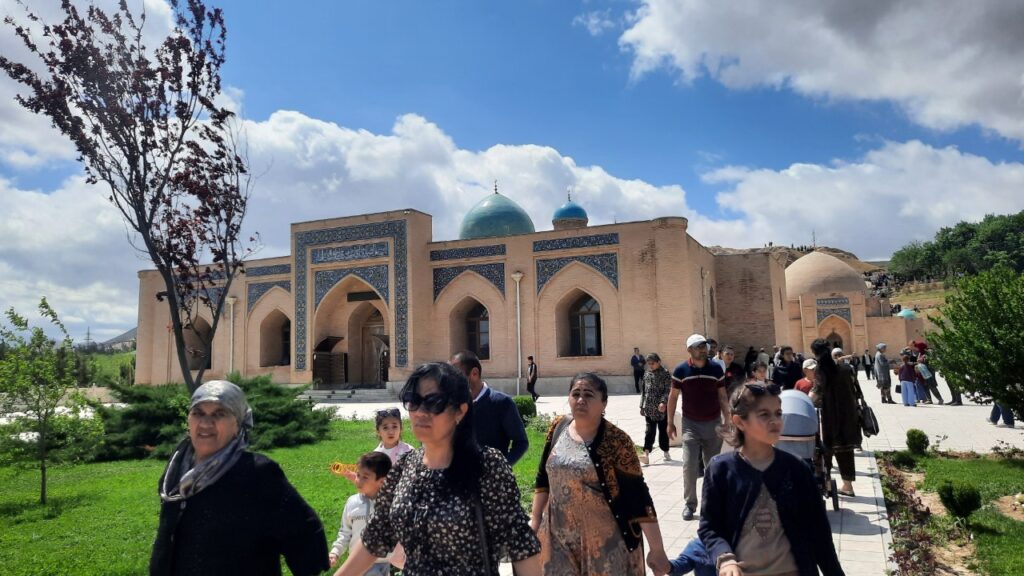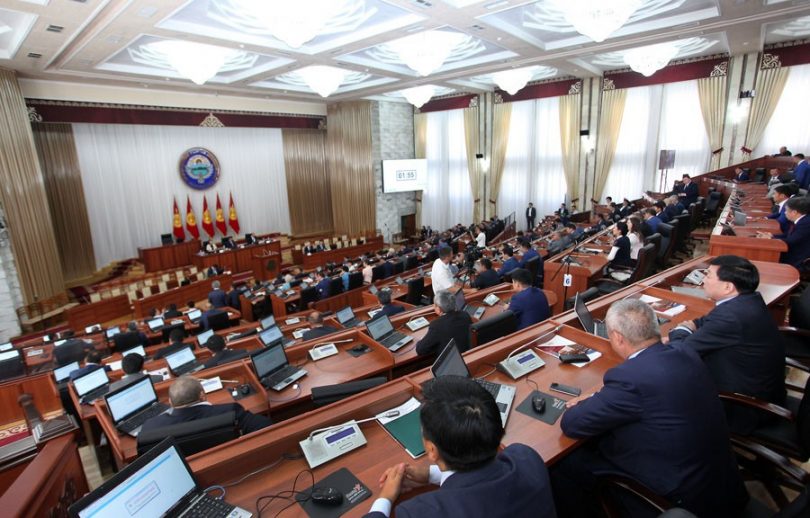TASHKENT (TCA) — The Uzbek Central Election Commission has announced preliminary results of the December 22 parliamentary elections in Uzbekistan, the first such vote since President Shavkat Mirziyoyev came to power nearly three years ago.
At a briefing in Tashkent on December 23, the Commission’s Chairman Mirzo-Ulugbek Abdusalomov said turnout appeared to have been 67.8 percent.
The Liberal Democratic Party of Uzbekistan has won 43 seats in the Legislative Chamber of the Uzbek Parliament, Milliy Tiklanish party — 35 seats, Adolat party — 21 seats, the People’s Democratic Party — 18 seats, and the Ecological Party — 11 seats.
All the five political parties are represented in the current parliament, long viewed as a rubber-stamp institution.
The international observation mission, a joint undertaking of the OSCE Office for Democratic Institutions and Human Rights (ODIHR) and the OSCE Parliamentary Assembly (OSCE PA), said in a preliminary statement published on December 23 that improvements to Uzbekistan’s election law and greater acceptance of freedom of expression are to be welcomed, but did not offset the absence of opposition parties, a continuing lack of respect for fundamental rights, and some serious irregularities on election day.
The observation mission concluded that recent changes to election legislation bring it closer to the international standards to which all OSCE countries have committed. At the same time, the legal framework related to the fundamental rights and freedoms essential for democratic elections is still overly restrictive. The crucial right to freedom of association, which includes the right to form a political party, remains limited.
“While an important milestone has been passed, old problematic habits – including on election day – make it clear that much work remains,” said George Tsereteli, Special Co-ordinator and leader of the OSCE short-term observer mission. “The wide-scale reforms being pursued by the authorities in Uzbekistan have had a real and direct impact on these elections, but democratic development requires increased competition and respect for basic rights and freedoms. We look forward to continuing our support for this process.”
Election day was calm, but tarnished by multiple irregularities, including voting on behalf of others and disregard of key counting procedures, the observation mission said.
Campaigning itself was generally limited, and outside the media there was little evidence of active debate. As all parties are supportive of presidential policies and there are no opposition parties, voters are left without a real choice, the observation mission said.
“The unprecedented number of women who ran for office yesterday may be a sign of the changes happening in Uzbekistan,” said Kari Henriksen, Head of the OSCE PA delegation. “While these elections were clearly more open than in the past, there remains a very limited range of alternatives for voters to choose from. I hope that the commitment to reform that we’ve noted from the leadership here will quickly consolidate throughout society.”
The international election observation mission for the parliamentary elections in Uzbekistan totalled 316 observers from 37 countries, comprising 271 ODIHR-deployed experts and observers, and 45 parliamentarians and staff from the OSCE PA.








